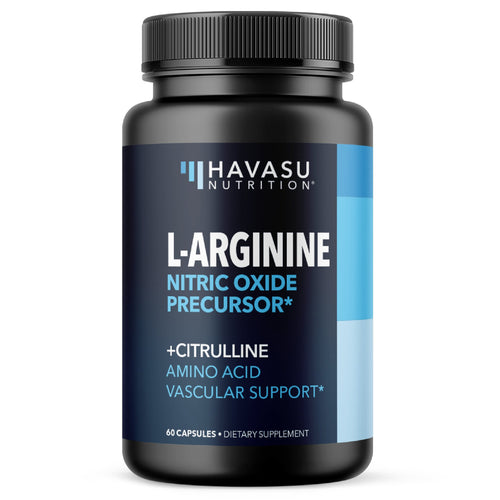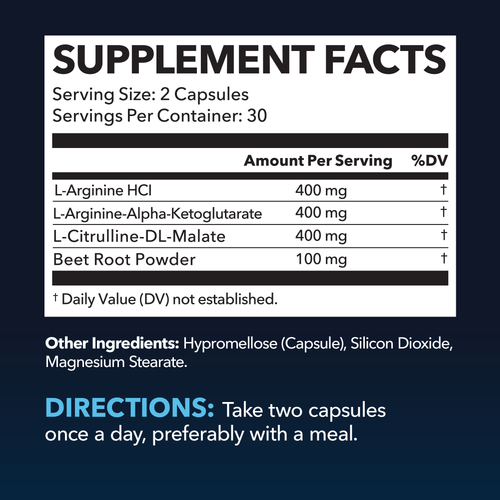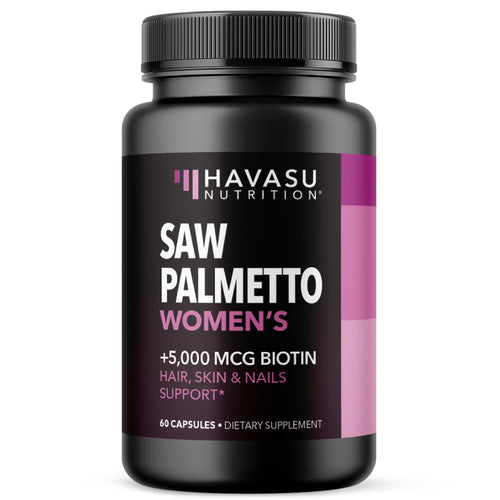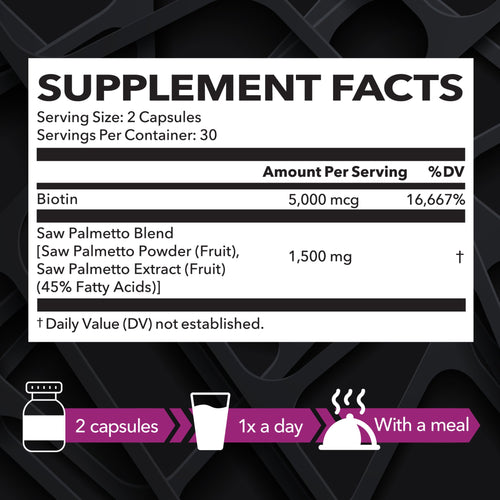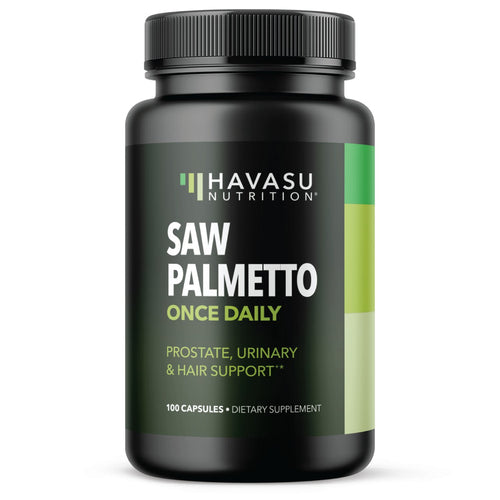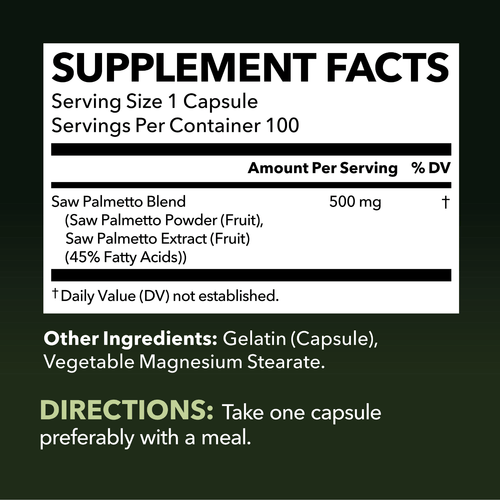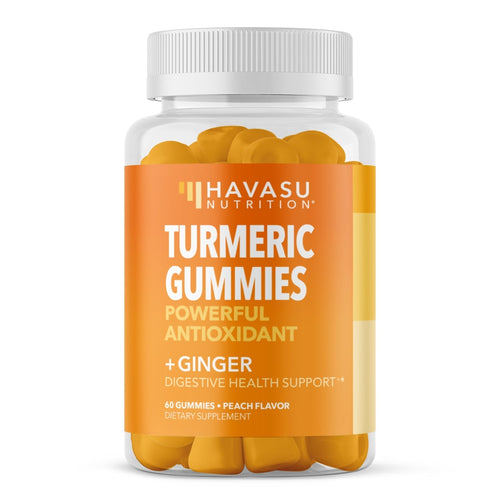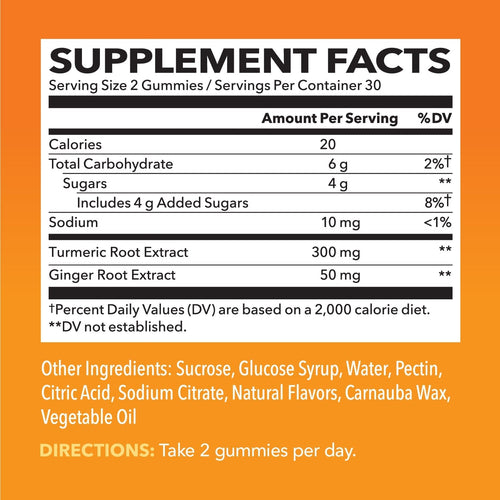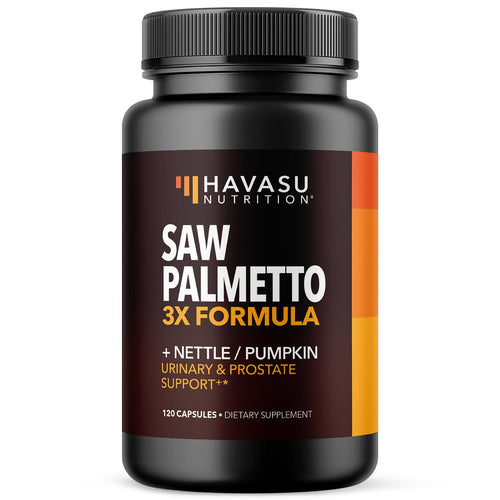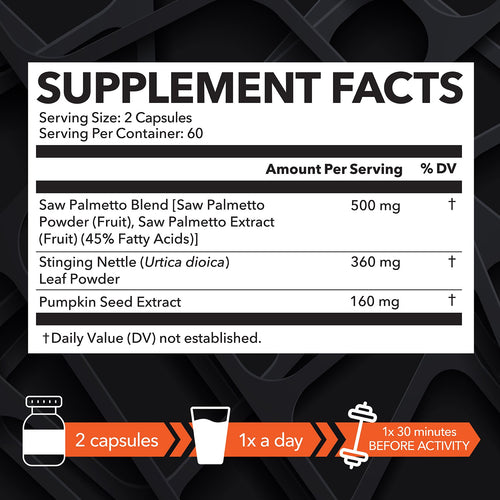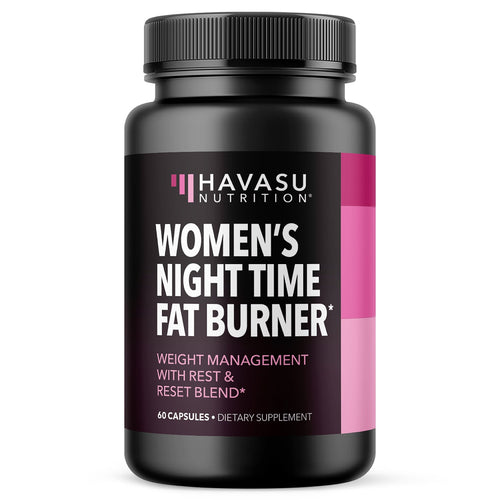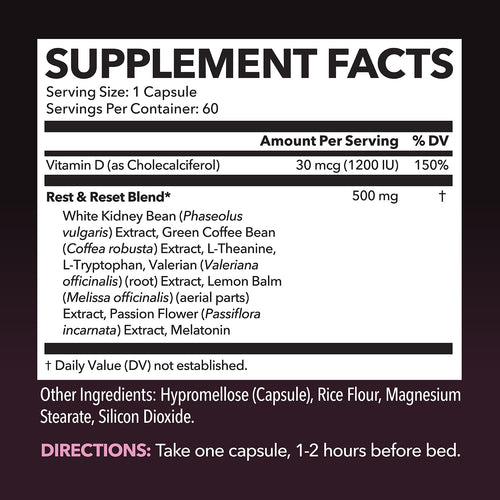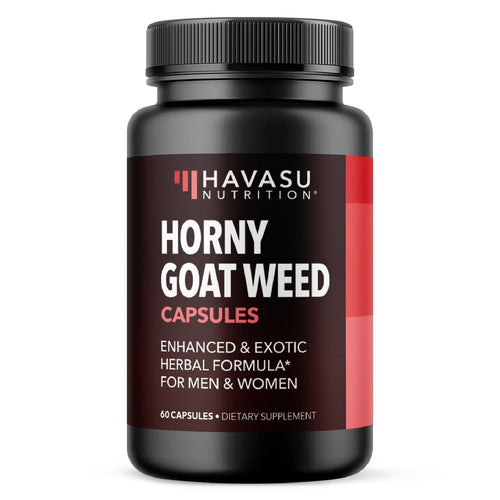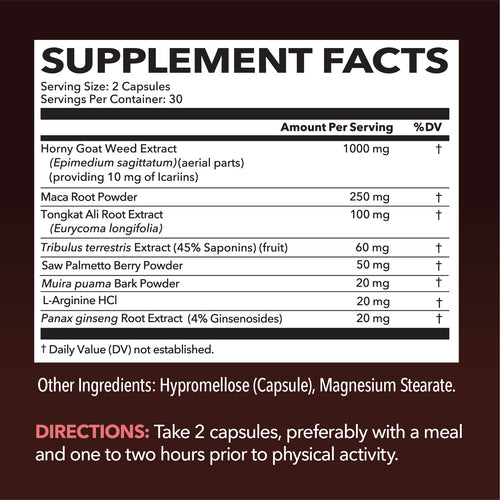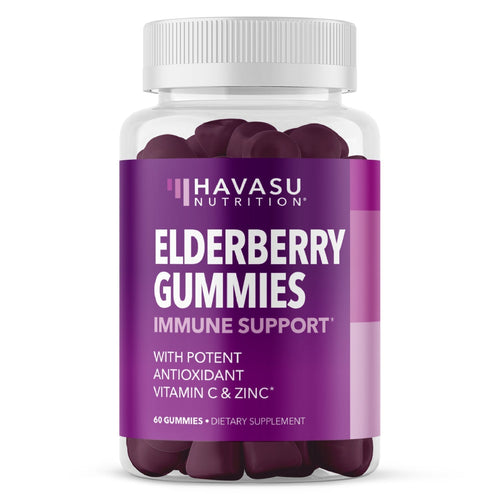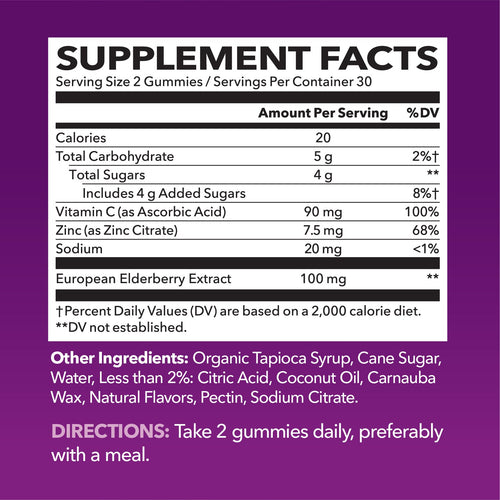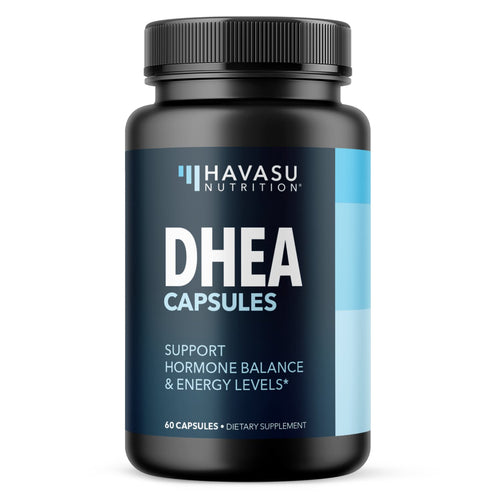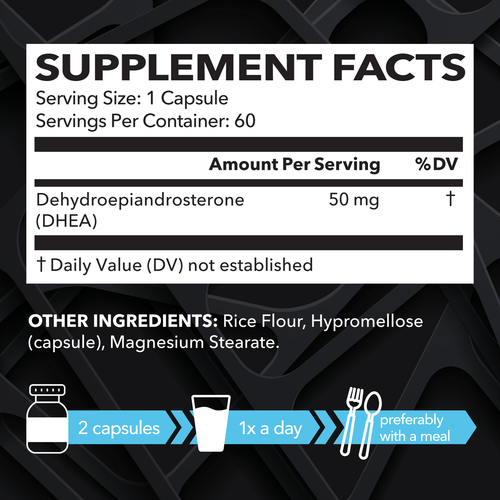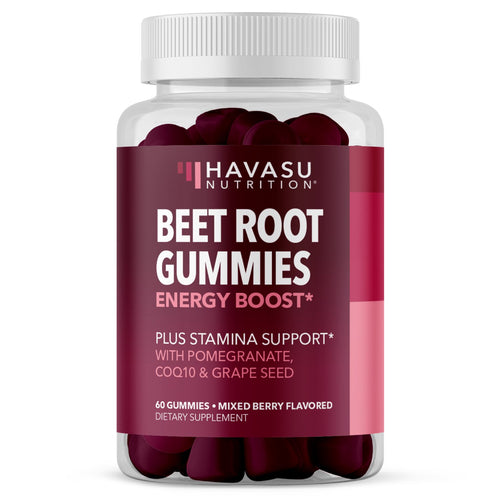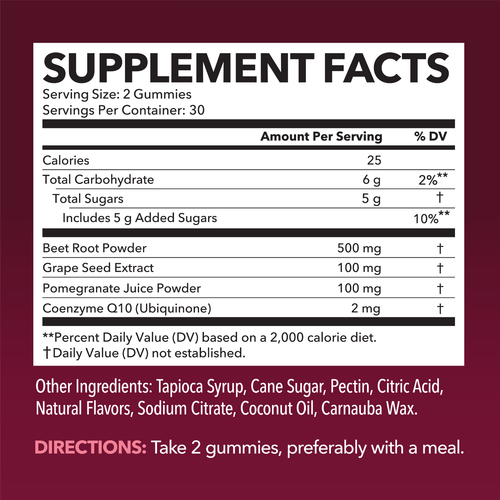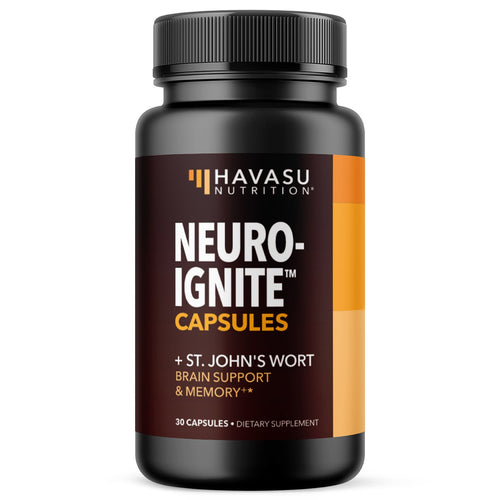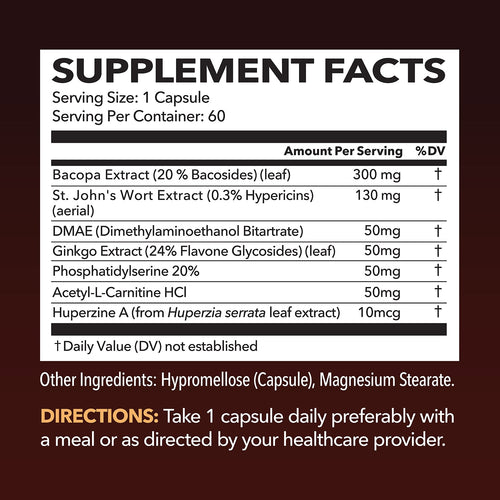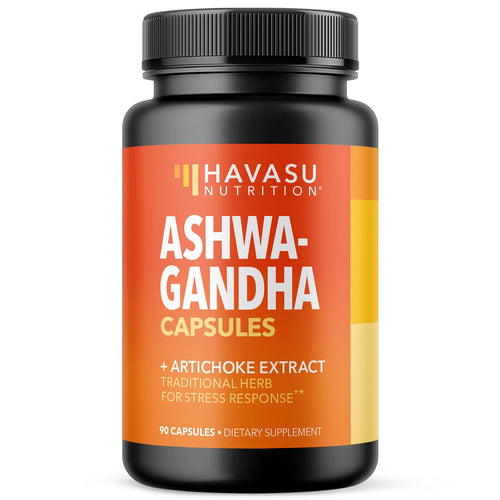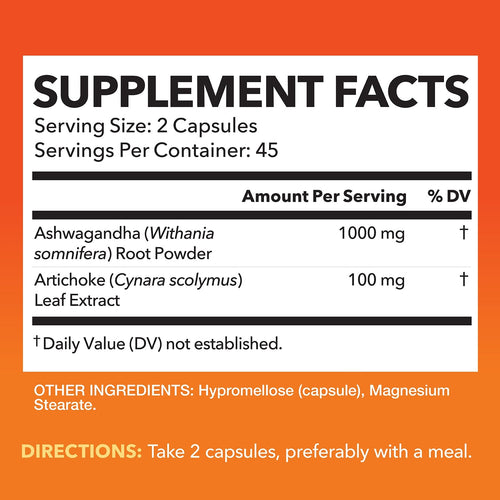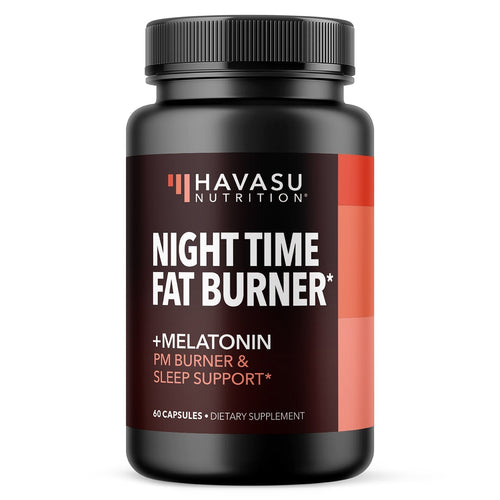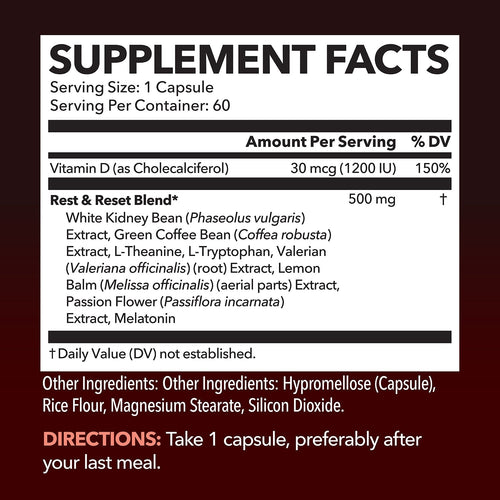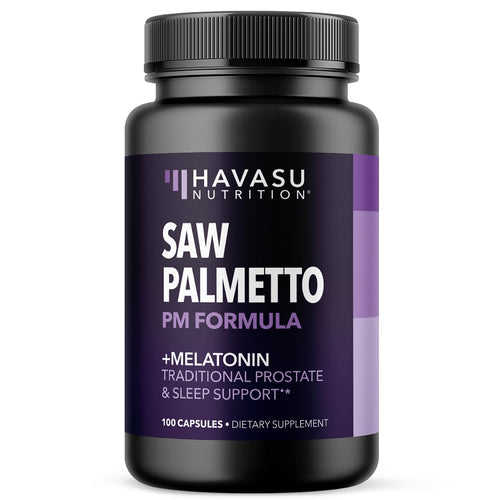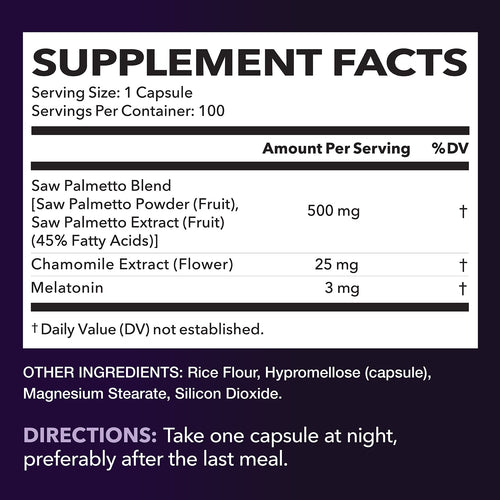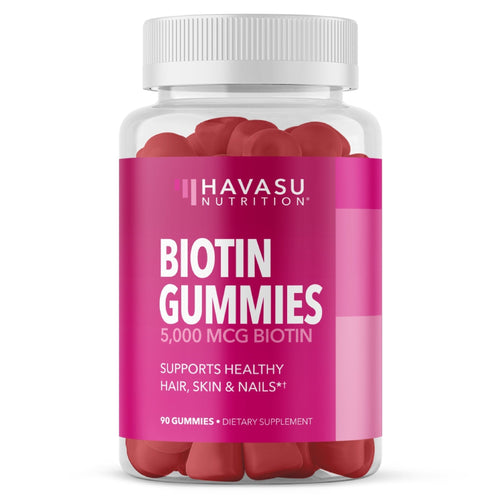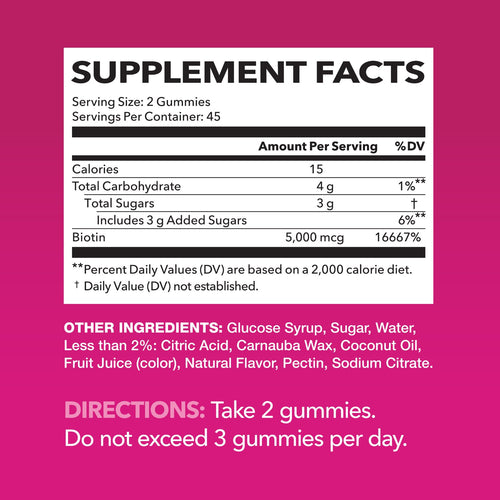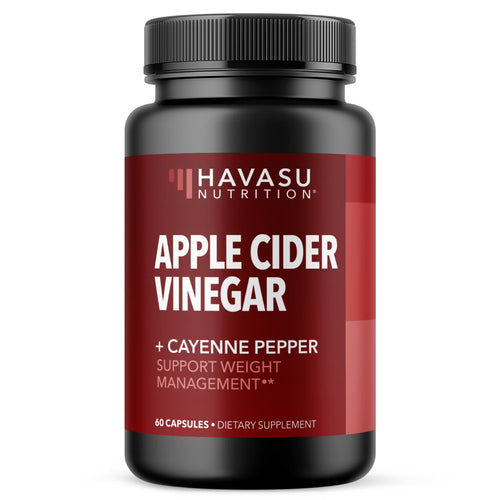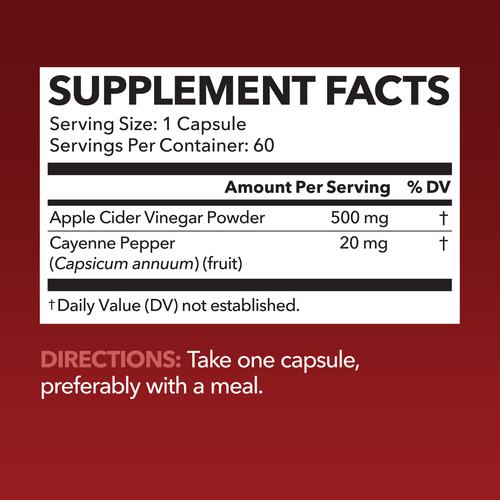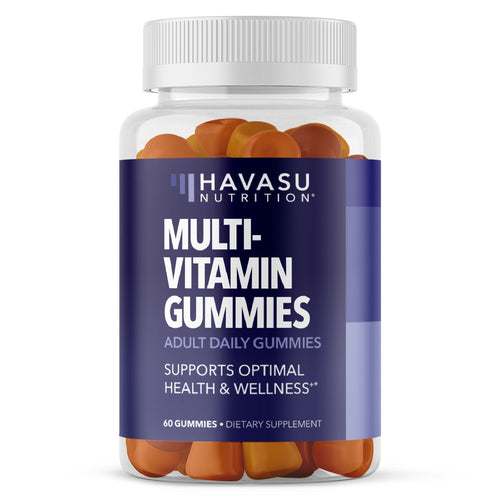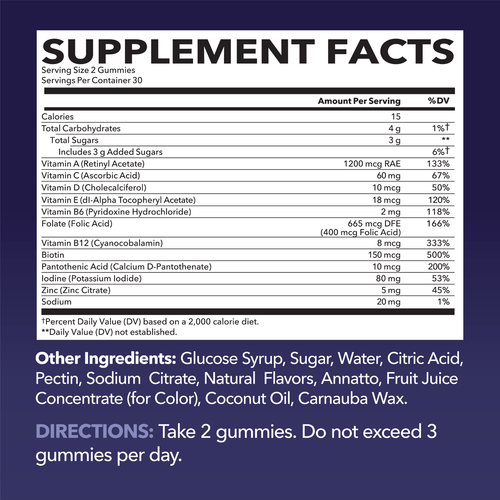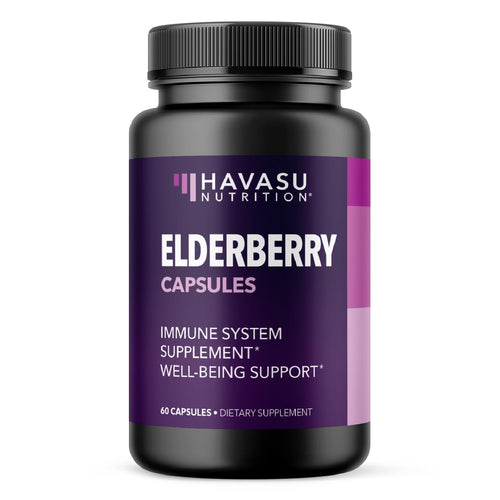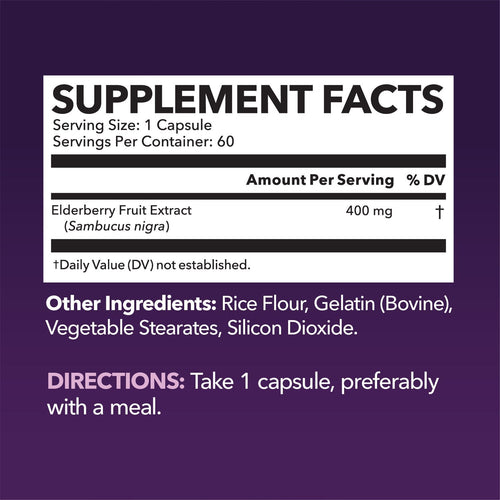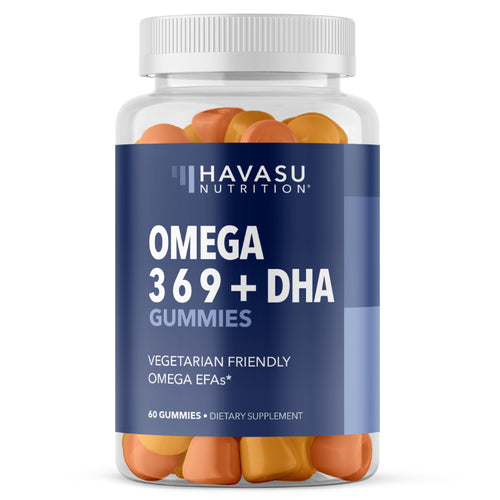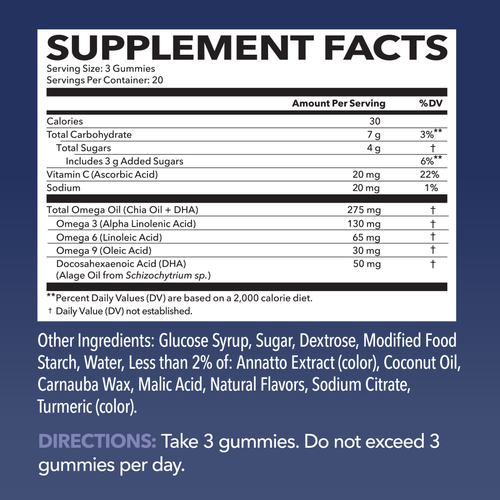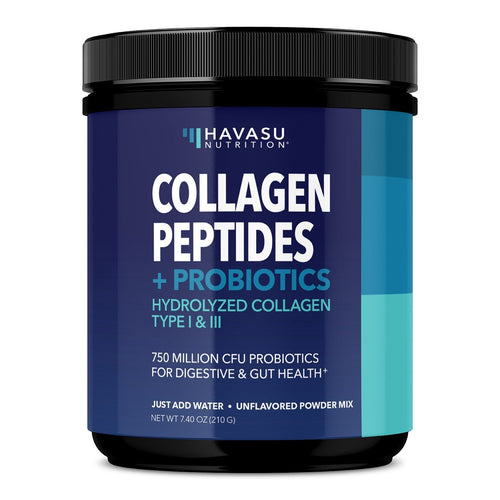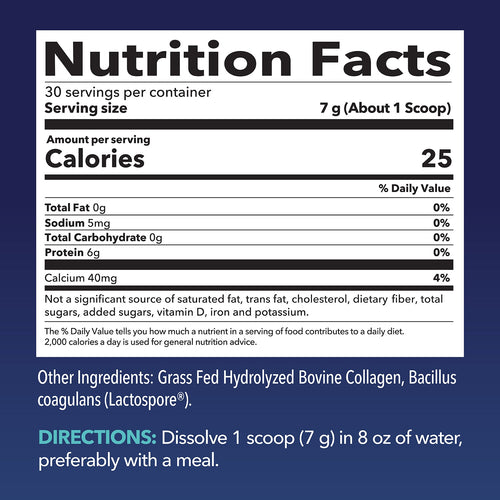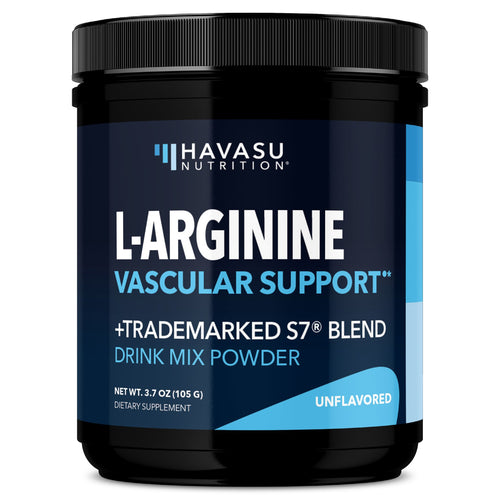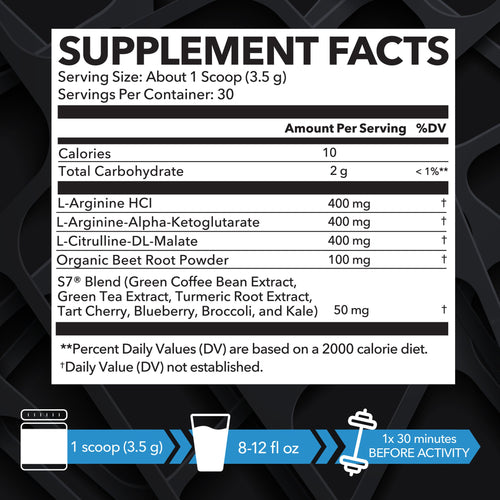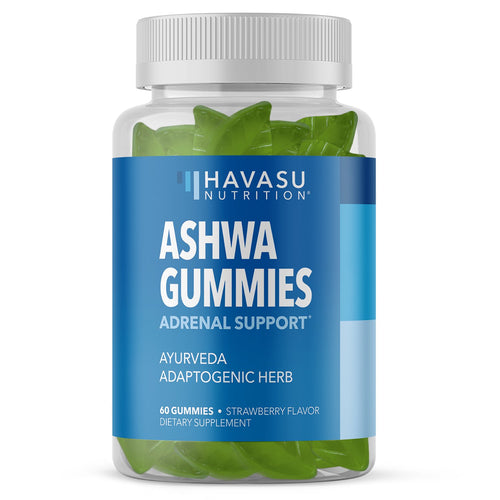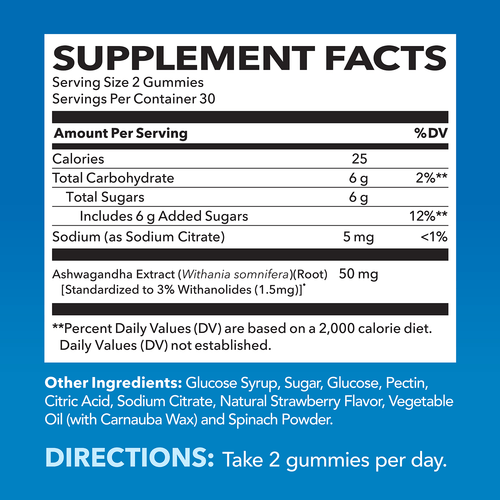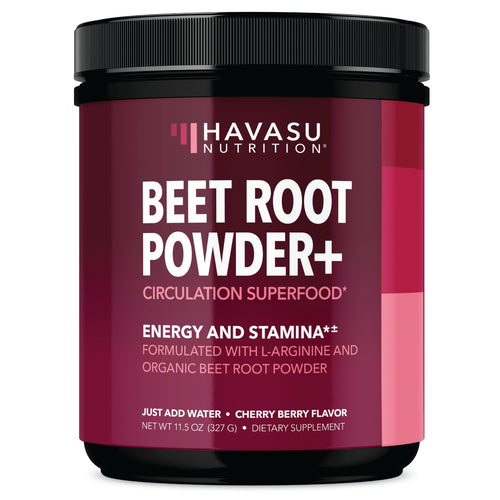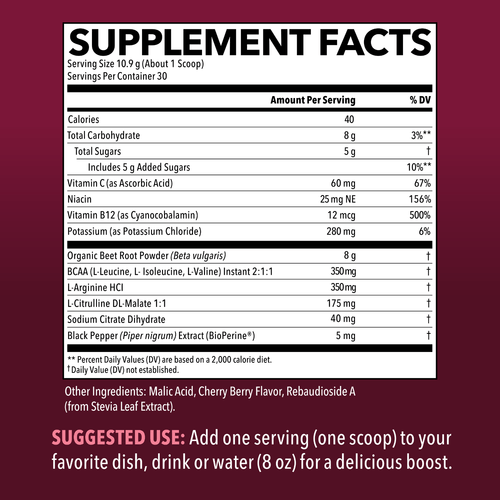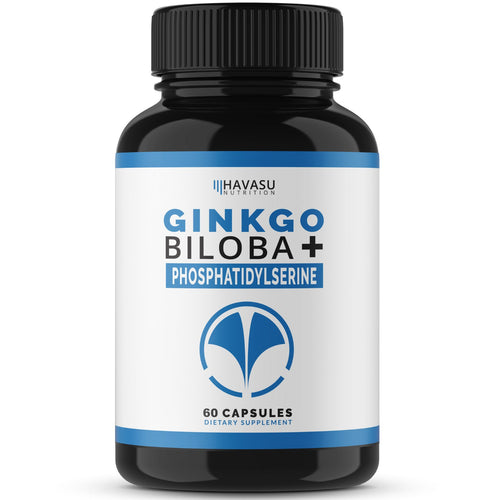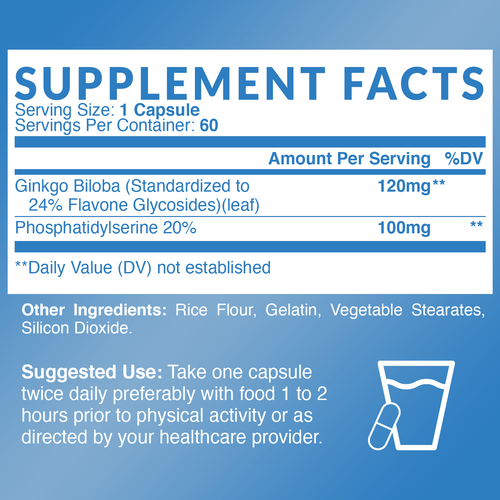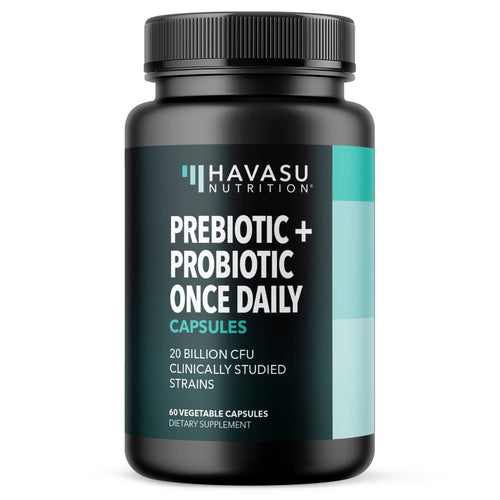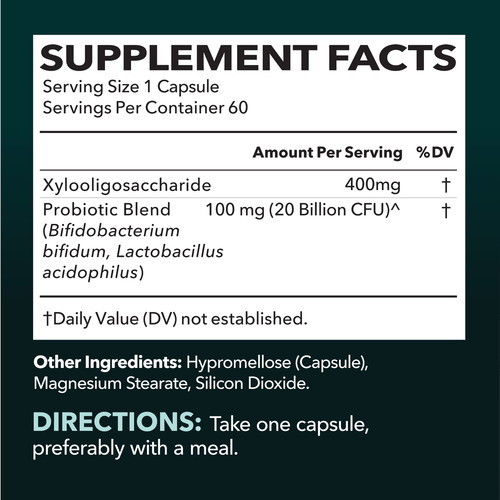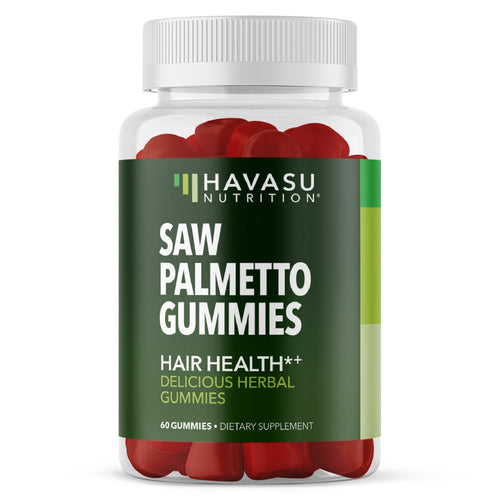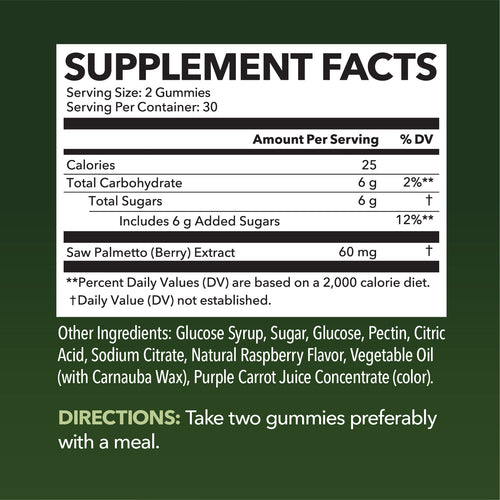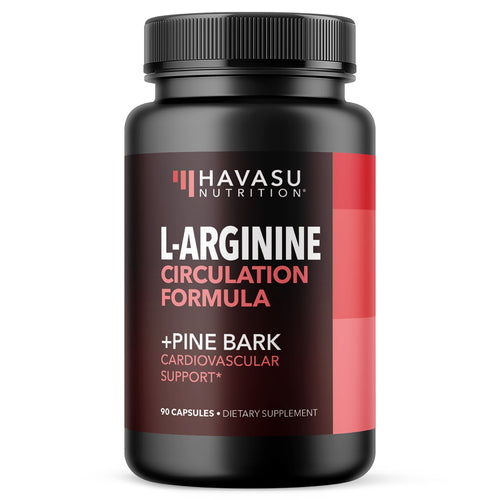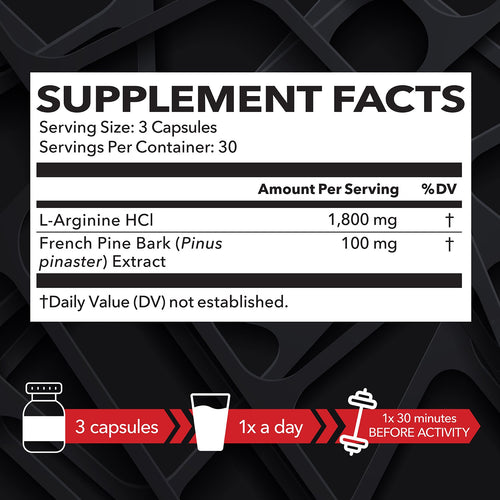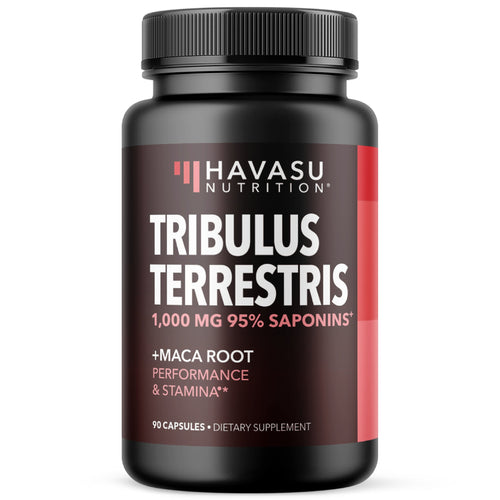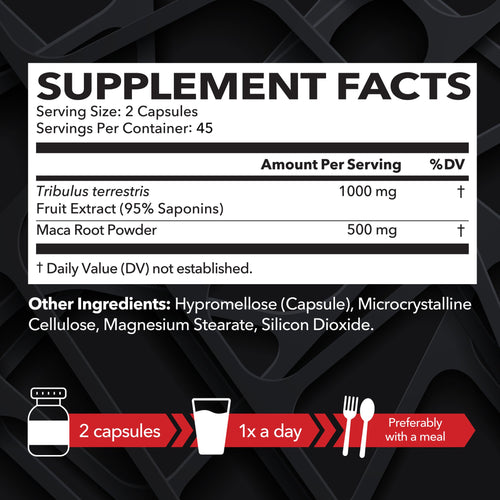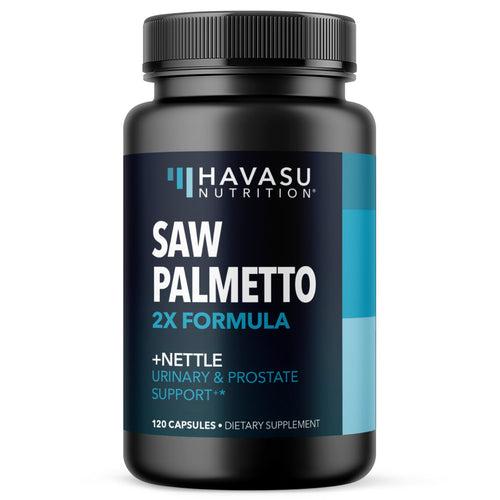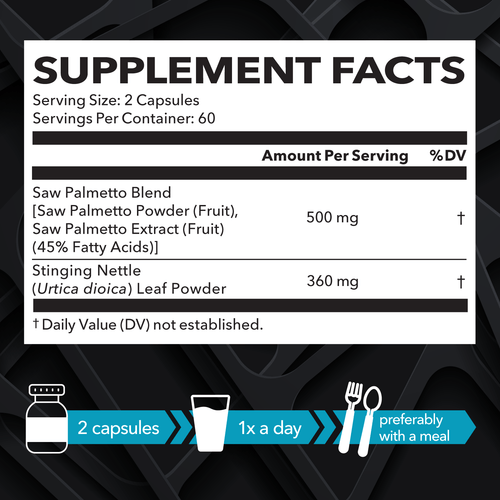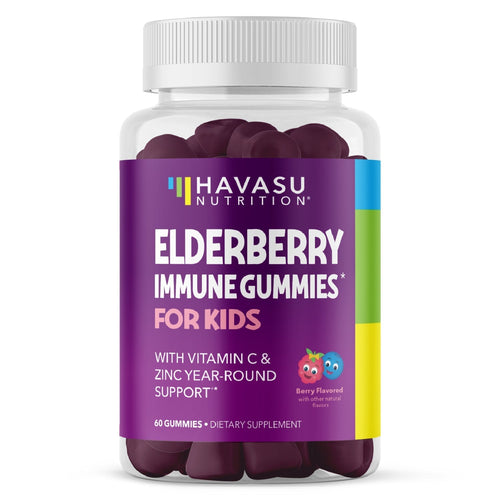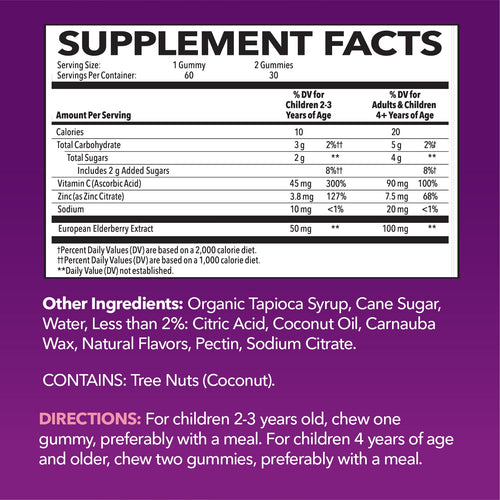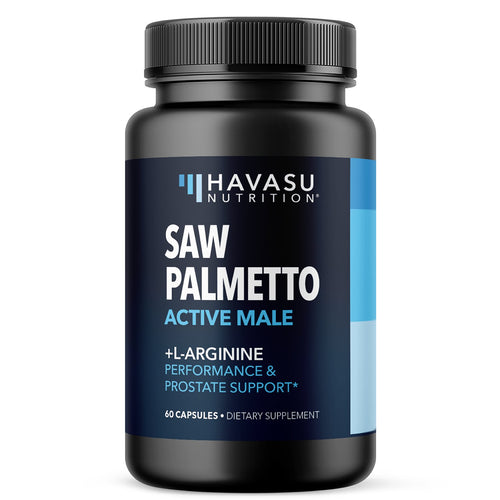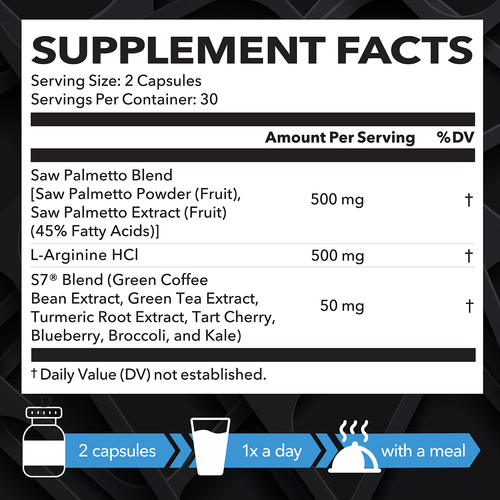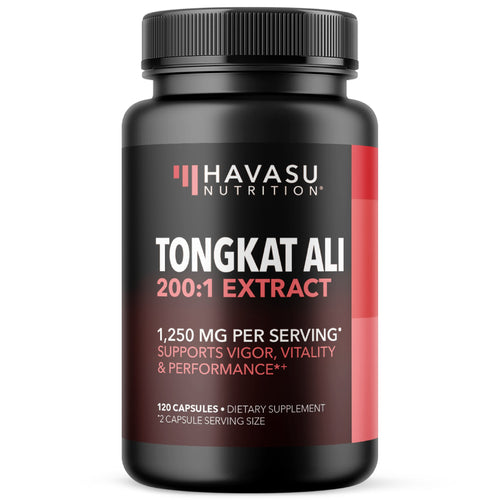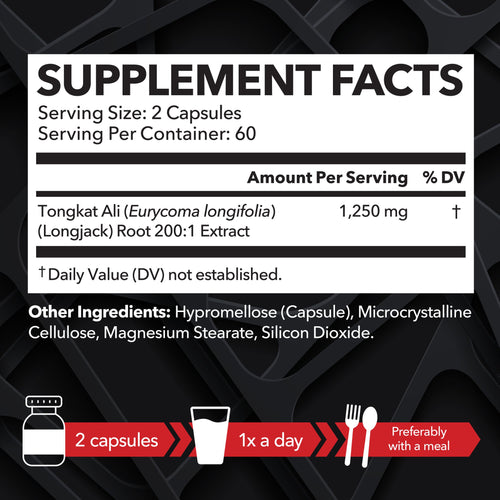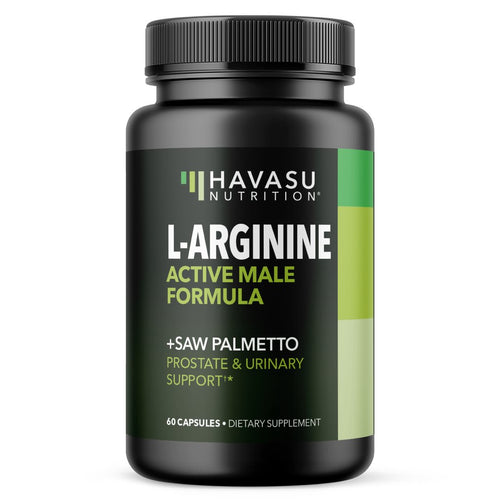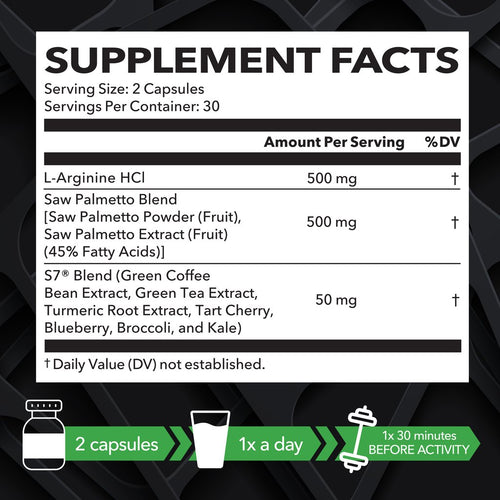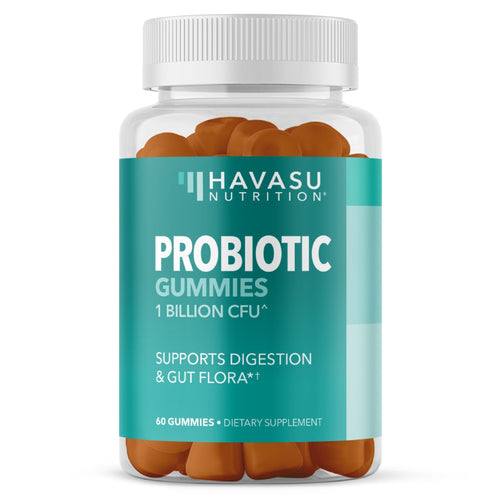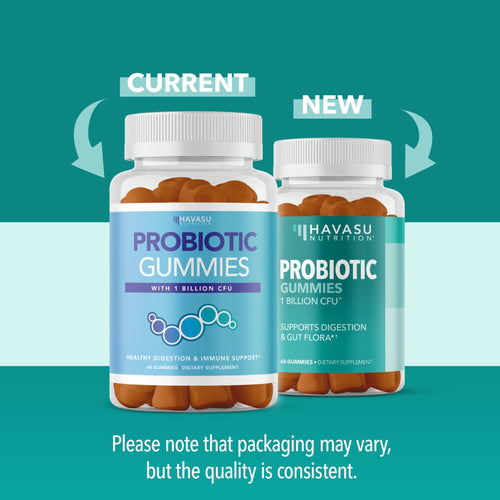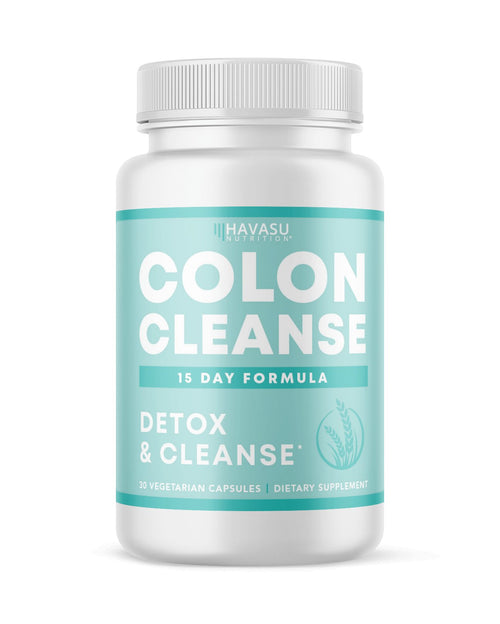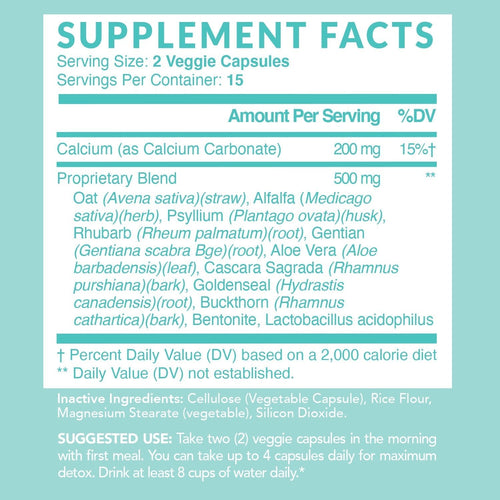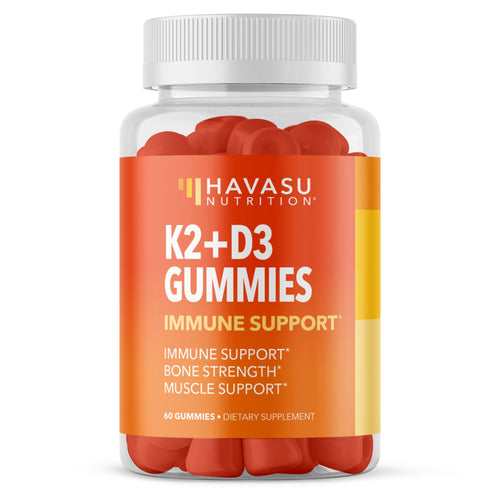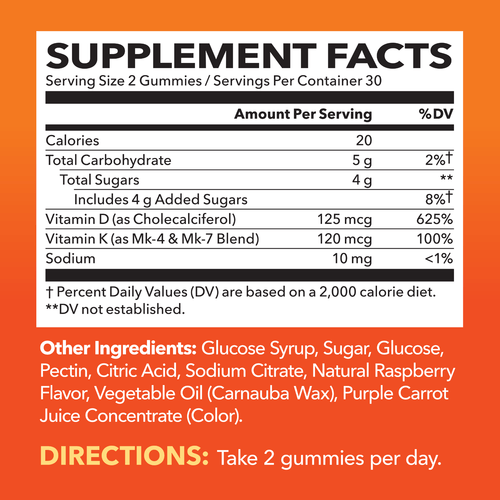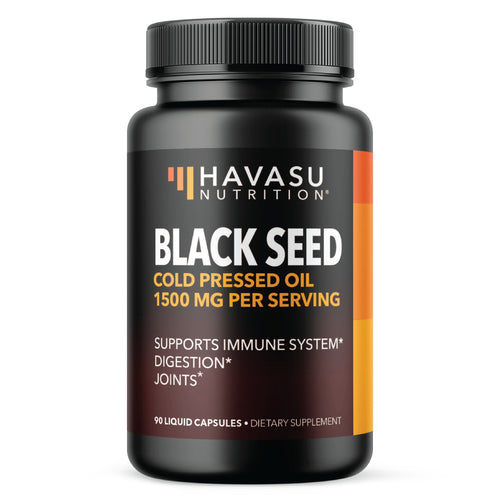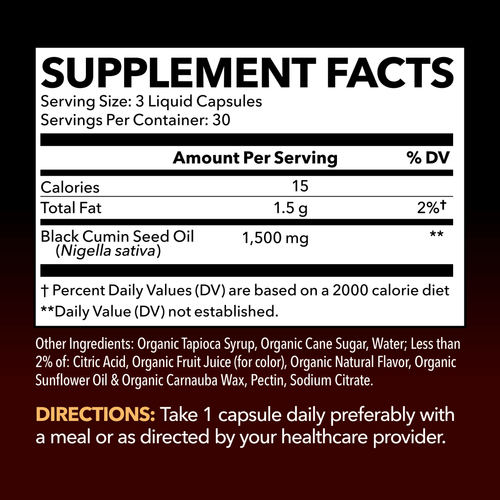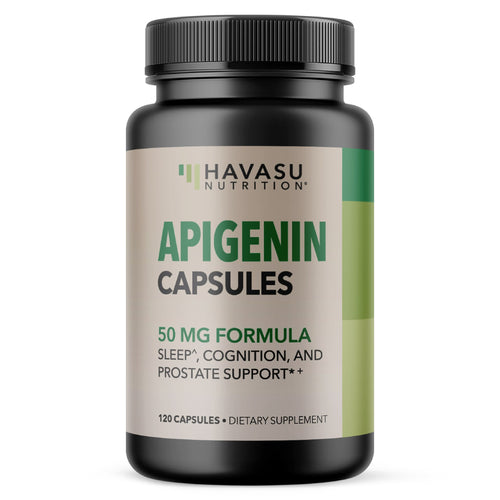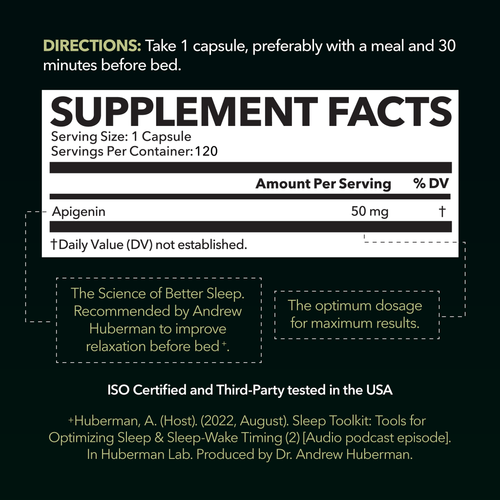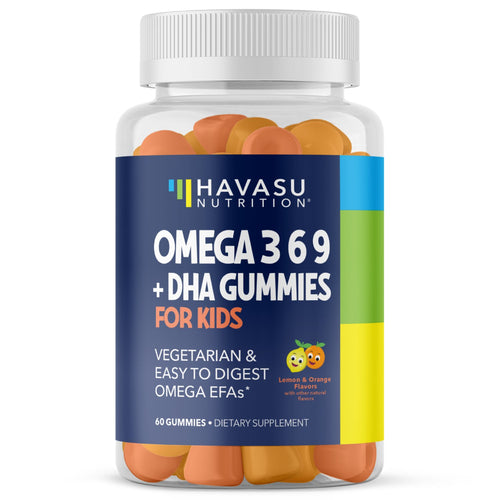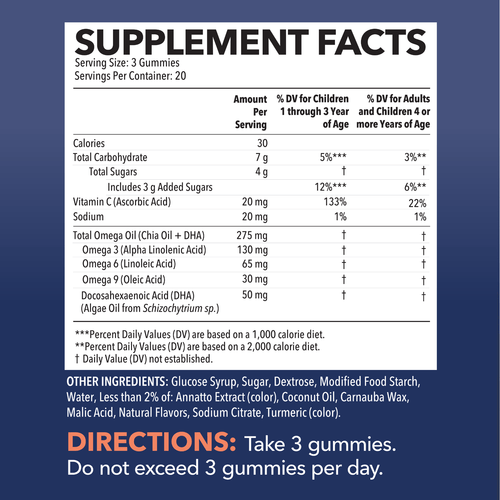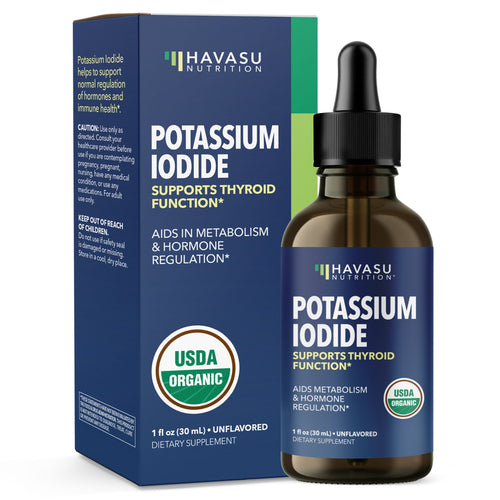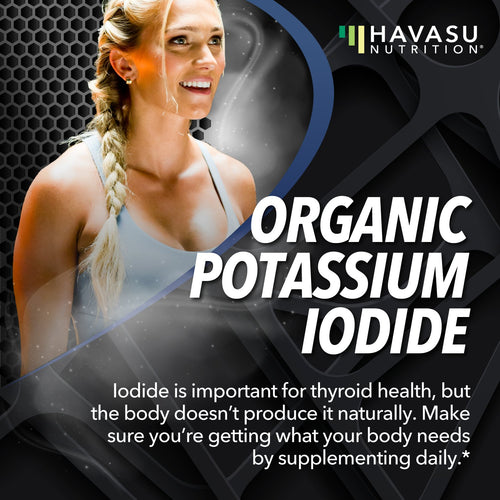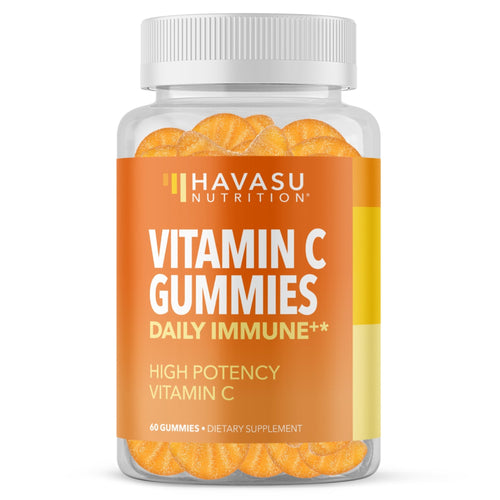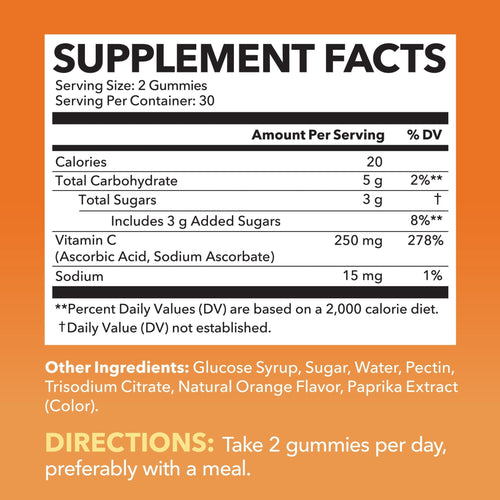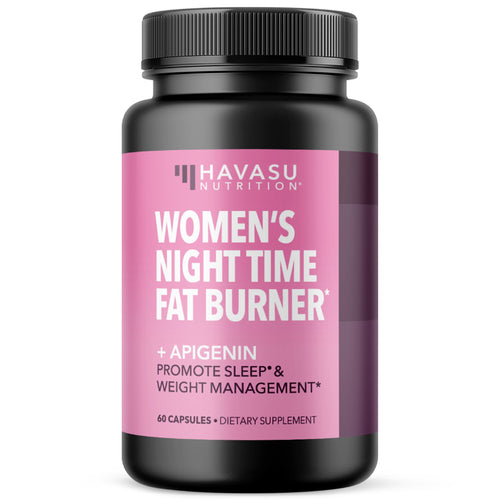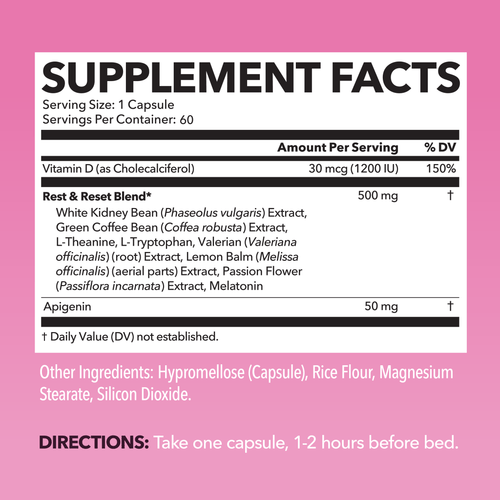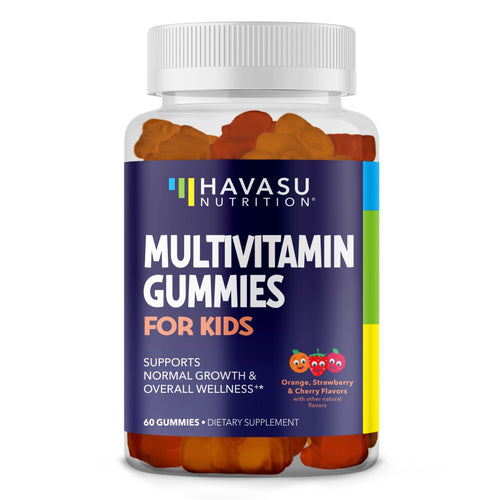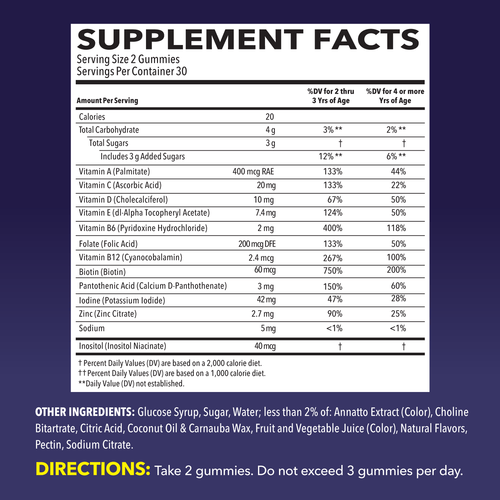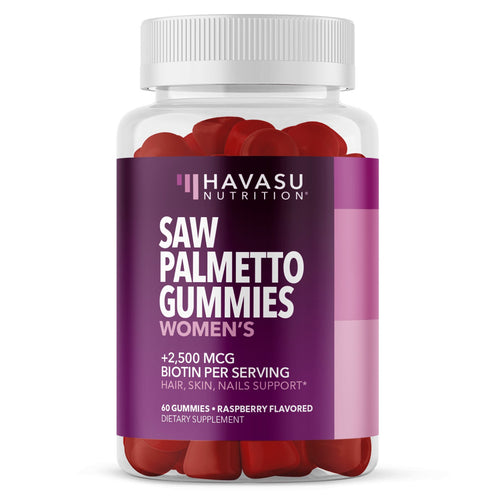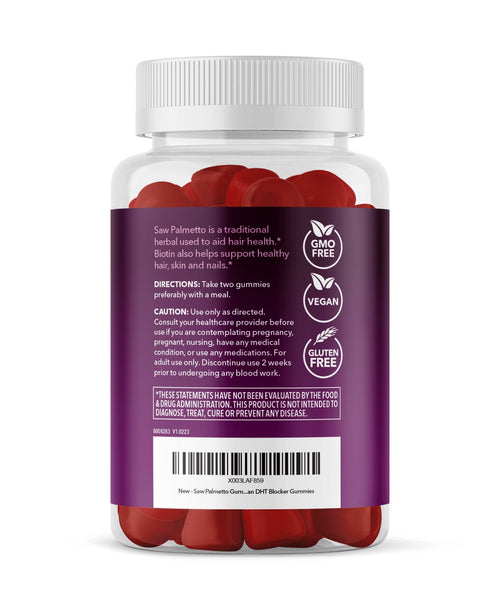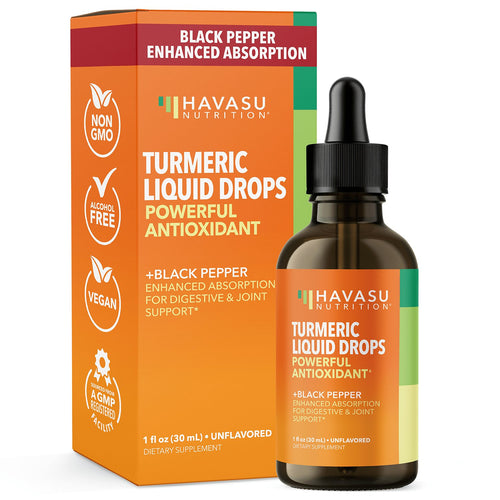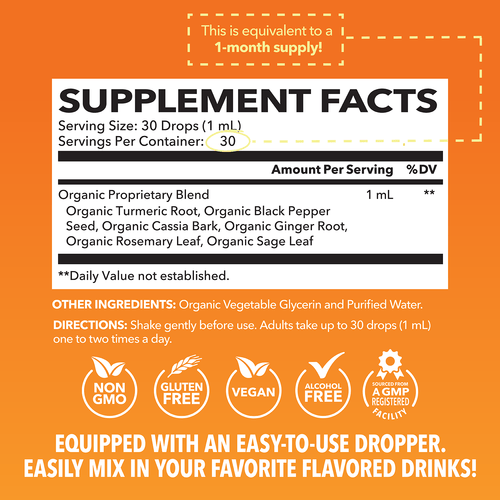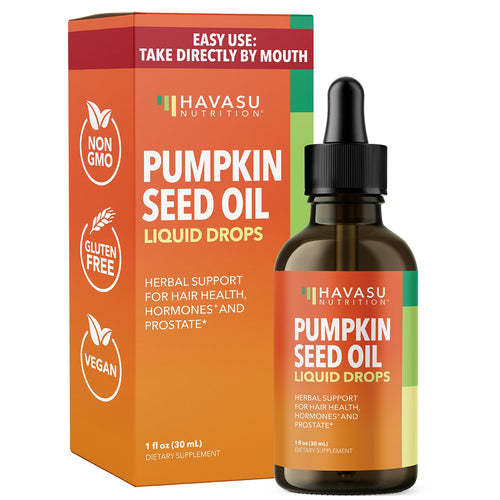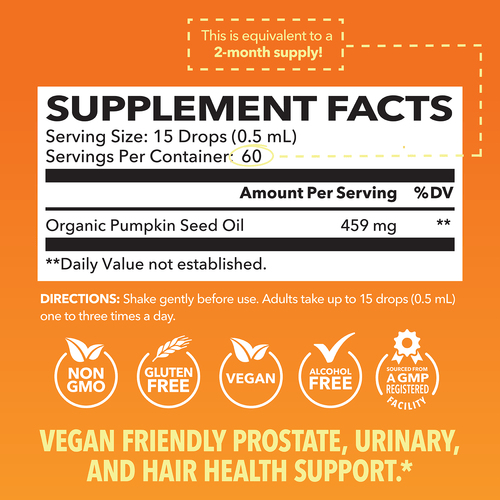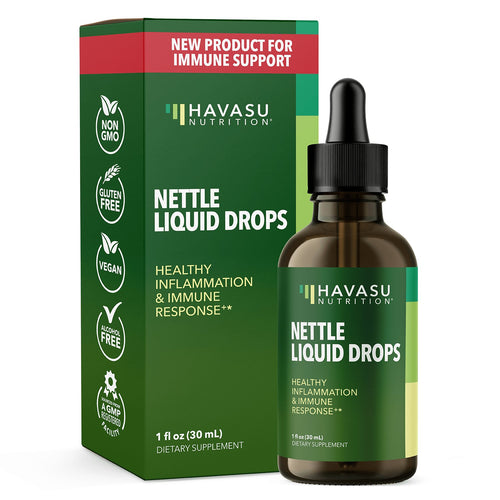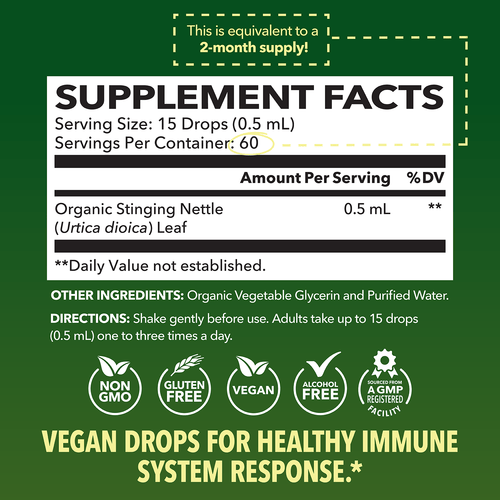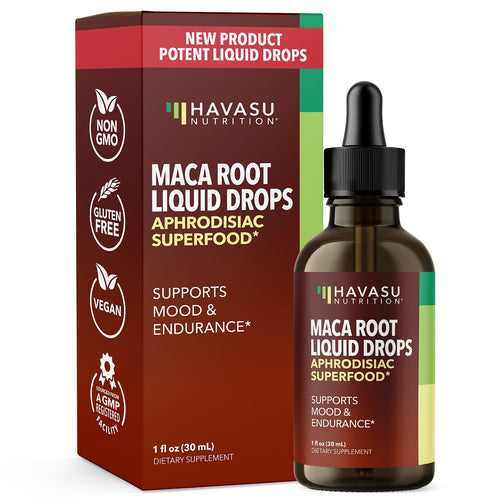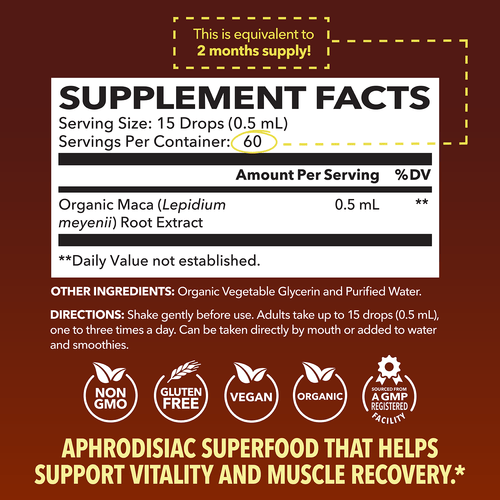A Primer on Nootropics
December 8, 2021
Nootropic is a term derived from Greek origins, combining the word “nous,” which translates to “mind,” and “tropein,” meaning “to bend or turn.” Known as smart drugs for their cognitive enhancing abilities, Nootropics have been on the supplement scene for a while but are not as well-known as some other supplements that are trending.
That’s probably because there isn’t a lot of research in the United States on Nootropics, but they seem to be very popular overseas. People who have to use their brain power working long hours may benefit from smart drugs. For example, NeuroIgnite is a great brain and mood booster that doesn’t cause crashes or jitters like some caffeine products and prescription drugs do.
Nootropics shield the brain from injury and assist with facilitating higher critical thinking skills. Modern day nootropics only go back 50 years and include botanical extracts such as Panax ginseng, Ginkgo biloba, L-theanine and racetams and dietary supplements.
Below is a primer on the most well-known and widely used Nootropics, along with their uses and benefits. In keeping with this blog’s purpose of promoting holistic options, we are not including any prescription options in the list.
Caffeine

Because caffeine is a stimulant, it aids in the ability to stay focused. But it’s important to watch the amount you consume and keep it under 400 milligrams a day.
Lion’s Mane

Lion’s Mane is a mushroom with neuroprotective and nootropic effects that helps with improving memory and reasoning. Other benefits of Lion's Mane include reducing inflammation in the body and decreasing neural excitability. Lion’s mane has been used for thousands of years and originates from the East in countries like Korea and China. It is also an important source of protein, complex carbohydrates, vitamins and minerals. Taking a Lion’s Mane supplement regularly can help you to stay balanced, especially when you are under a lot of stress.
L-Theanine

An amino acid found primarily in green and black tea and some mushrooms. It’s considered to be a Nootropic that reduces anxiety and, when “stacked” or paired with caffeine, can help to improve focus and attention. It’s also known to help to boost immunity and is good for helping fight tumor-causing effects stemming from cancer. It is also known to lower blood pressure and symptoms related to Attention Deficit Hyperactivity Disorder (ADHD), along with helping you get a good night’s sleep.
Lemon Balm

Native to the Mediterranean, Lemon Balm was used in the 17th century to help combat mental confusion and to extend a person’s life span. It can come in a supplement form, but it’s most effective when plucked right from the garden and it smells very nice as well. Lemon Balm affects the brain’s neurotransmitters, called acetylcholine, which work to enhance cognitive function. It also acts as a potent antioxidant, which protects brain cells from free radical damage and is a strong anti-anxiety agent. It increases levels of GABA in the brain, which helps to regulate mood.
Ashwagandha

An evergreen that grows in Asia and Africa, Ashwagandha is commonly used to help alleviate stress. It is said to contain chemicals that help to calm the brain, reduce swelling, lower blood pressure and alter the immune system. Tom Brady swears by it! When taken as a supplement, Ashwagandha can typically be found in gummy or pill form.
Rosemary

Not only is this herb delicious in food, apparently it has strong neurotropic properties such as boosting alertness, memory, mood, reducing anxiety and inflammation and helping to alleviate the symptoms of Alzheimer’s. It also acts as a cognitive stimulant, which improves concentration, energy and focus. It has strong antioxidant and anti-inflammatory properties and helps to rid the body of free radicals and improves blood circulation.
Cat’s Claw

This powerful supplement has been shown to fight inflammation, improve cognition and focus, repair DNA and alleviate the symptoms of depression. It also helps to improve cerebral circulation and fight the plaques in the brain that contribute to mental deterioration in Alzheimer’s patients.
It's important that, when shopping around for a Nootropic, you try a few different types and brands until you find one that works best for you. As always, if you are taking medication, consult with your doctor before starting a Nootropic routine.



